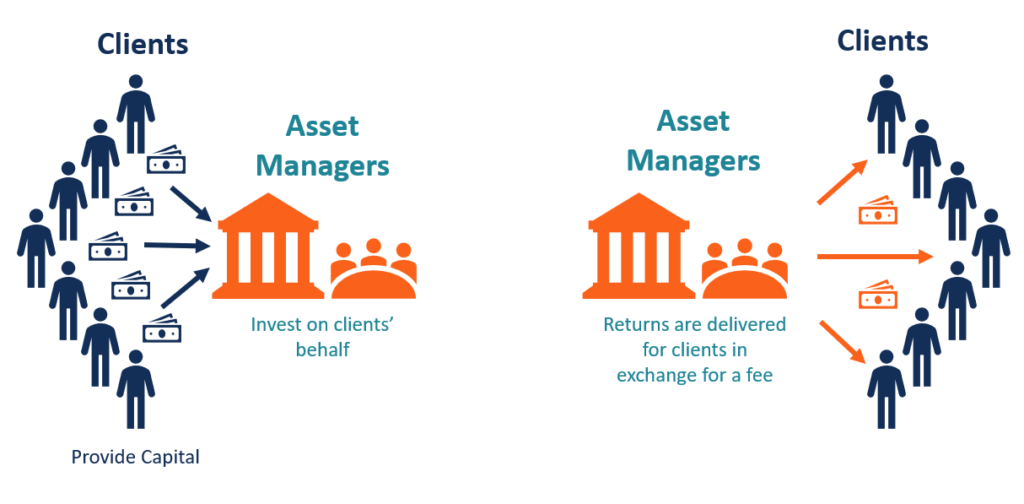Asset Management
Asset Management
Asset management refers to the process of developing, operating, maintaining, and cost-effectively selling assets. Most commonly used in finance, the term is used about individuals or firms that manage assets on behalf of individuals or other entities.
Importance
There are several reasons why businesses should be concerned about it, including:
1. Enables a firm to account for all of its assets
The process makes it easy for organizations to keep track of their assets, whether liquid or fixed. Furthermore, firm owners will know where assets are located, how they are being put to use, and whether there have been changes made to them. Consequently, the recovery of assets can be done more efficiently, hence, leading to higher returns.
2. Helps guarantee the accuracy of amortization rates
Since they check regularly assets, the process ensures that the financial statements record them properly.
3. Helps identify and manage risks
Asset management encompasses the identification and management of risks that arise from the utilization and ownership of certain assets. Thus, it means that a firm will always be prepared to manage any risk that comes it is way.
4. Removes ghost assets in the company’s inventory
Instances that exist where the books record lost, damaged or stolen assets. Moreover, with a strategic asset management plan, the firm’s owners will be aware of the assets that have been lost and will eliminate them in the books.
How Does an Asset Management Company Differ From a Brokerage?
Asset management institutions are fiduciary firms. That is, their clients give them discretionary trading authority over their accounts, and they legally bind to act in good faith on the client’s behalf.
Brokers must get the client’s permission before executing a trade. (Online brokers let their clients make their own decisions and initiate their trades.)
Asset management firms cater to the wealthy. They usually have higher minimum investment thresholds than brokerages do, and they charge fees rather than commissions.
Brokerage houses are open to any investor. The companies have a legal standard to manage the fund to the best of their ability and in line with their clients’ stated goals.
